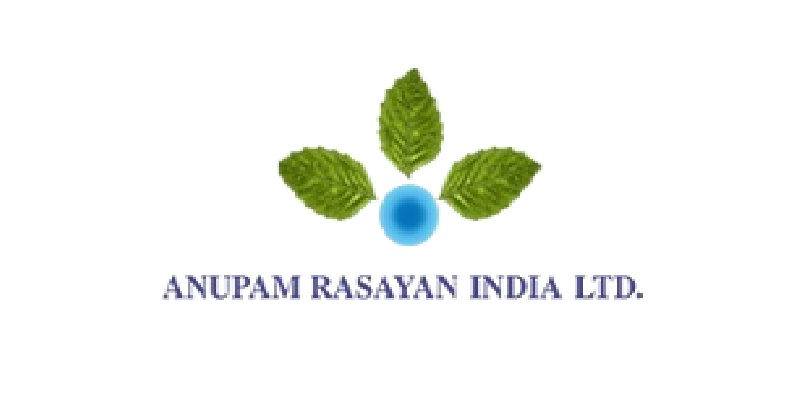Schedule a Call Back
“Skill development becomes paramount to drive growthâ€Â
 Communication Feature
Communication Feature- Aug 28,19

Related Stories

TIL Ltd will launch new cranes and forklifts in next 4 years
Says Alok Kumar Tripathi, President, TIL Limited, in this interview while elaborating on the company’s future plans.
Read more
Why efficient material handling is essential for the success of Make in India
Indian manufacturers need well-managed warehouses amid global disruptions (like tariff wars and geopolitical tensions) to reduce costs and avoid delays. Hence, efficient material handling systems ar..
Read more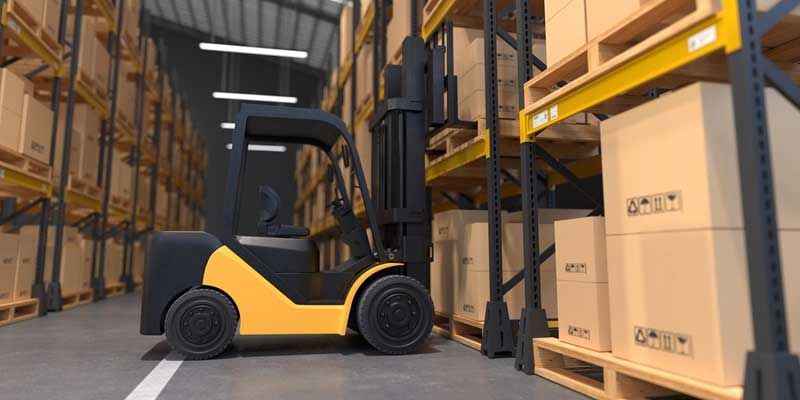
Raising India’s supply chain ecosystem
In today’s rapidly evolving industrial landscape, material handling equipment is no longer just a support function — it’s a strategic driver of growth and efficiency.
Read moreRelated Products
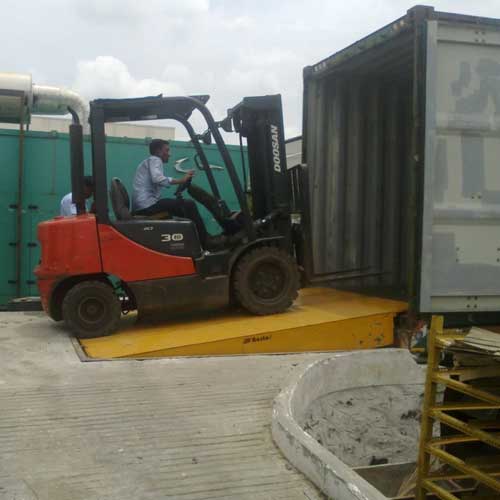
Dock Leveller
Besto Material Handling Equipments offers a wide range of dock leveller.
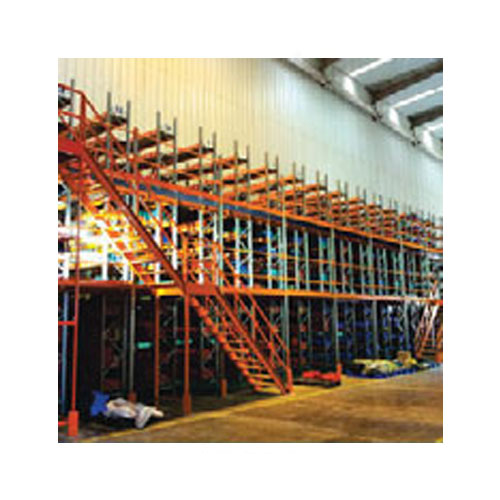
Multi Tire
SCI Storage Solution offers a wide range of multi tire.
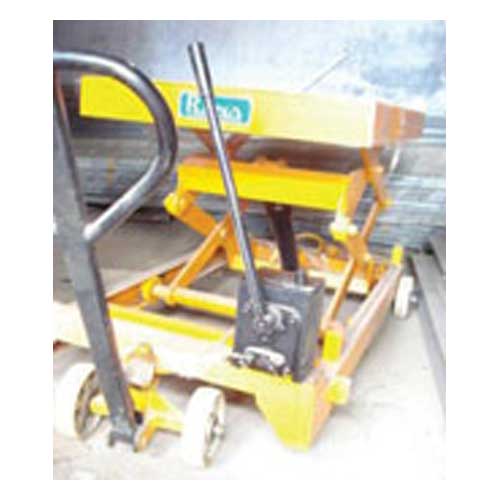
Industrial Lifting Equipment
Rana Material Handling Equipments Pvt Ltd offers a wide
range of industrial lifting equipment.





